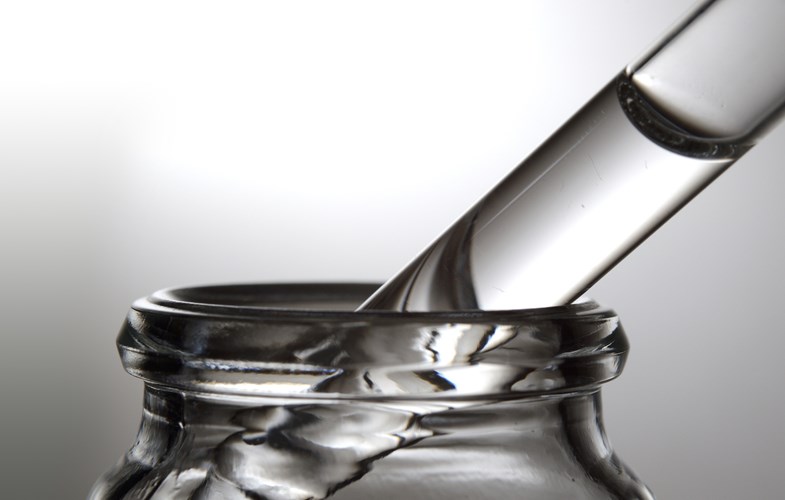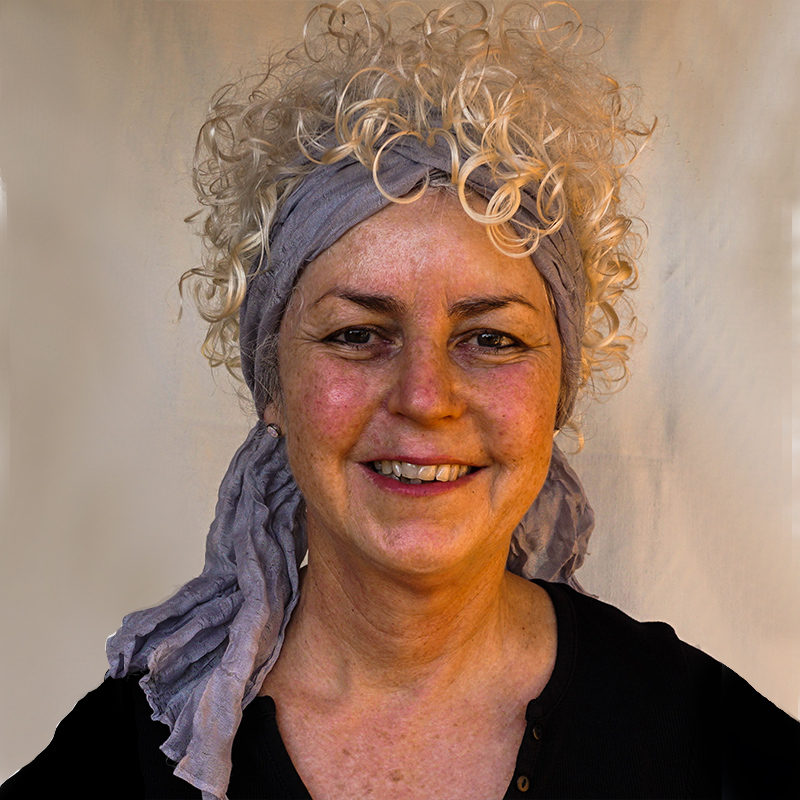

Why Sharks Are Livered
Stop Livering – No Squalene From Sharks
The main part of our campaign is education in the German-speaking countries of Europe. We want to make the customers aware of the fact that squalene can come from sharks. It’s still used by cosmetic or pharmaceutical companies and related industries.
Squalene is moisturizing. It can be found in many organisms, including the human skin.
Shark livers contain very pure squalene. That’s why sharks, especially deep-sea sharks, are hunted. These species (see list below) reproduce extremely slowly and have the hardest time to recover from overfishing.
It is common practice to cut out the shark’s liver and then throw it back into the sea, where it slowly and horribly perishes.
Squalene can also be produced biotechnologically or from plants. A research project for a new squalene production method from yeast started this spring. Overseeing this project are Prof. Harald Pichler (Graz University of Technology) and his team (further information below) together with ACIB (Austrian Center of Industrial Biotechnology). Our goal is to ban shark-squalene in the EU by winning over ministries and other (governmental) organizations.
We want to convince producers to not only use plant-based or biotechnological squalene, but also to promote their shark-free products. As there’s currently a trend for “vegan and animal-experiment-free” products, we hope that our efforts meet broad support.
We need to persuade pharmaceutical companies in particular to use squalene from sustainable sources in their initial development of new drugs. Once a drug is approved, they can’t replace the shark-squalene with plant based/biotechnological squalene. They would need to repeat the whole submission and approving process. As no pharmaceutical company would pay those extreme costs for the action replay, it is even more important that they use shark-free squalene innately.
Goals
- Education and awareness: We want to make the customers aware of the livering-problem.
- Obligatory declaration: The companies mustn’t hide behind the umbrella
term “squalene.” They have to declare openly whether they’re using
squalene from animals or sustainable sources. - Changeover to shark-fee squalene: We want to persuade cosmetic and
pharmaceutical companies to use only plant-based or biotechnological
squalene voluntarily. - Stop importing shark-products: When there are no shark-products
available in the EU, the producers are forced to use sustainable
Downloads
The non-profit-organisation Bloom already did a study on squalene in cosmetic products back in 2015. You can download their results here:
http://www.bloomassociation.org/en/wp-content/uploads/2018/04/squalane-bloom-english-1.pdf
Knowlegde
The liver can make up to 20% of the body weight of a shark. It has the same role as the swim bladder of fish. That’s why it is so big and rich. From this liver, you can gain up to 70% pure squalene. For 1 ton of squalene, you need ~ 3,000 sharks. The market’s demand is exponentially growing.
Deep-sea sharks in particular are hunted for their squalene. This includes Gulper Sharks (Leaf scale / Western / African / Blackfin / Longfin / Dwarf Gulper Shark), Endeavour / Portuguese / Spiny Dogfish, and Greenland Sharks.
Again, just the liver is cut out, the rest of the shark discarded to die in the ocean.
Wholesale Dealers and oil-processing firms import and export shark-liver-oil. As soon as the shark-liver-oil is extracted, the shark isn’t mentioned anymore.
Later, you can only identify the difference between animal squalene and plant based/biotechnological squalene by looking for pollution or toxic substances (e.g., mercury in shark-squalene), but this method is far too costly to be used regularly.
Wholesale manufacturers and traders of shark-squalene:
- Japan: Kishimoto Special Liver Oil
- India: Arbee, Aasha Biochem, Coastal and Blueline
- Portugal: Vestan and Empresa Figueirense de Pesca
- Spain/France: Sophim
- Island: Lysi
- Norway: Norwegian Fishoil
Pure squalene (C30H50) oxidates quickly. To make it more stable and more easily processed, it’s hydrated. Then, you call it squalene (C30H62).
Our skin contains squalene. That’s why cosmetic products contain squalene or squalane to moisture our skin.
Pharmaceutical companies often use squalene for vaccines. None of the four Covid-vaccines licenced in the EU contain squalene (neither animal-based nor sustainable) as amplifier.
Campaign duration
Our campaign just started and will continue until our goals are fulfilled and no more shark-squalene is used in the EU.
Scientists
Prof. Harald Pichler (TU Graz) and his team just started their efforts to produce squalene from yeast. In spring of 2021 they submitted their project to the EU for a sponsorship. Prof. Pichler hopes that their yeast-squalene is ready for the market in 1-2 years and can then replace animal squalene worldwide.
Here, you can find a detailed paper about the endangering of sharks, especially through the development of Covid-vaccines:
https://www.biorxiv.org/content/10.1101/2020.10.14.338053v1.full
The American organisation Sharkallies has an extensive collection of blog articles about livering and squalene:
https://www.sharkallies.com/shark-free-products
Here you can sign the petition against livering, which has been started by Sharkallies:
https://www.change.org/sharks-in-covid19-vaccines
In this short video, Sea Shepherds show the (illegal) shark-fishing and the livering on board are carried out:
https://www.youtube.com/watch?v=pj4t0hE0xCg
This video by “Bali sharks” shows how the shark livers are processed and distributed on land:
https://www.youtube.com/watch?v=wg2nm1Hi8Bg
Campaign history
Blog post: We started our campaign by posting an elucidation article on our website early this year.
Introduction at the Digital Fair: In February 2021, we took part at the Digital Fair, where we informed interested visitors about our campaign.
Letters to ministries and organizations in the German-speaking area in spring: This was the most important and biggest step to ensure the support from influential policymakers.
Getting in touch with Prof. Harald Pichler (TU Graz): It was perfect timing that both our campaign, and the EU-sponsorship-project “Alternative Squalene” started in the spring of 2021. That gave us the chance to synchronize our PR with Prof. Pichler.
In May 2021, the organization ACIB chose Sharkproject as exclusive NGO-partner for the yeast-project. This is very important to us, since this partnership will help the public to trust that we truly are shark-experts.
Article in the magazine “Tauchen”: We were able to present our campaign in the June-number of this popular journal. Here, you can find the ePaper.

